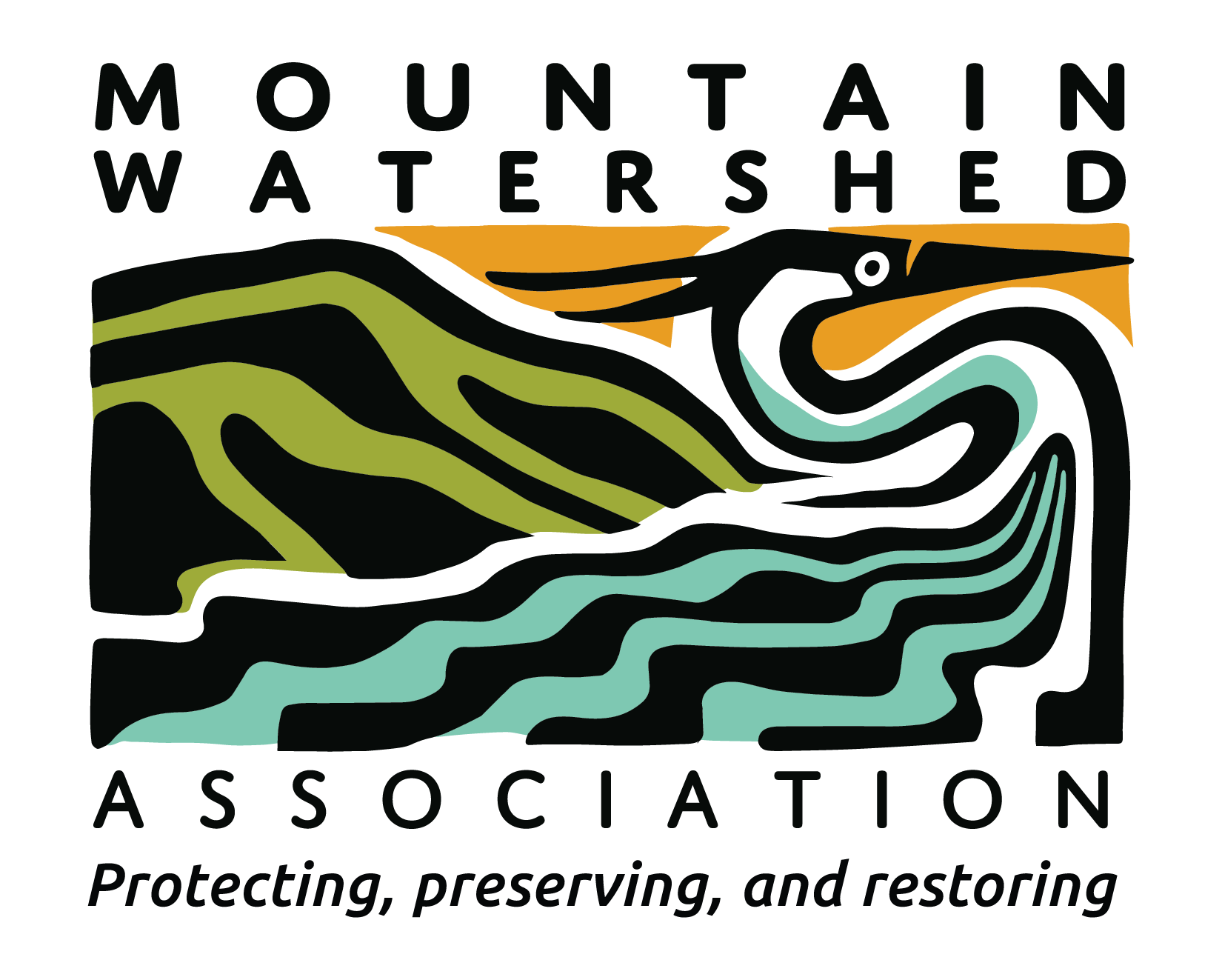
The recent drought watch in Westmoreland County caused residents, water authority officials, and businesses to take a closer look at their water consumption when Beaver Run Reservoir dropped lower than usual in 2023’s summer and fall, before being replenished by recent rains.
Nonprofit citizen environmental group Protect PT started taking a closer look at the water consumed by the major natural gas fracking companies in the area and discovered the three largest companies — Olympus, CNX and Apex — drew 328 million gallons of water from the Municipal Authority of Westmoreland County (MAWC) reservoirs in 2023, according to state statistics.
“That’s the equivalent of every household in the entire town of Vandergrift during a year,” said Tom Pike, environmental policy advocate at Protect PT.
While the MAWC asked residential customers to begin conserving water last July, it did not pause the withdrawal of millions of gallons of water for fracking until four months later, in November.
Protect PT, Three Rivers Waterkeeper, and MWA hosted several community meetings, where we laid out recommendations about reservoir water withdrawal and let residents speak out about their concerns.
One of our main goals was to show MAWC that water used for fracking is different from residential water usage. This is because water used for fracking cannot return to the watershed in a usable condition.
There are companies that treat fracking wastewater, raising its quality to the point where it can be reused by the fracking industry. But that water still cannot be restored to a high enough quality for reintroduction into the water table.
Based on this, we argued (and MAWC agreed!) that fracking corporations should pay more per gallon for the water they consume. Now the price has nearly doubled! MAWC increased the cost for 1000 gallons of water from $5.37 to $9.40 for fracking companies. This change went into effect on April 1, 2024.
While we’ve made some headway on this issue, there’s still more left to resolve. Policies should be enacted to ensure public water isn’t used for private, corporate interests – especially in drought conditions. On April 17, Tom Pike from Protect PT presented 238 signatures to the MAWC board in support of water conservation.
Along with our partners, MWA will continue to advocate for three additional policies: limiting the total amount of water used for fracking, coming up with a long-term conservation plan, and pausing fracking withdrawals automatically when the state declares a drought.

